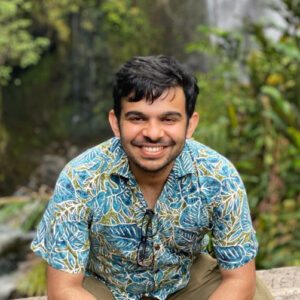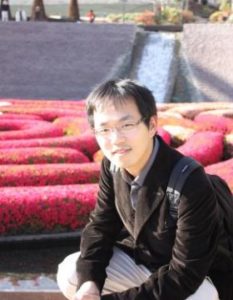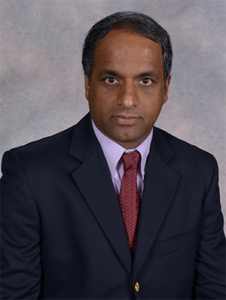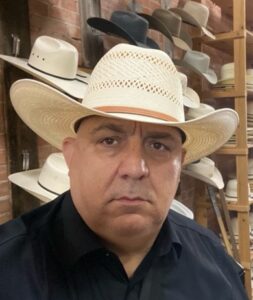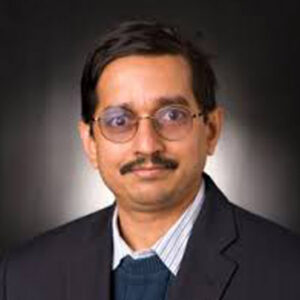
Friday, November 22, 2024
10:20 – 11:10 a.m. (CST)
ETB 1020
Dr. David Pan
Silicon Labs Endowed Chair Professor
Dept. of Electrical and Computer Engineering
University of Texas, Austin
Title: “Generative AI for Chip Design and EDA: Everything, Everywhere, All at Once?”
Abstract
Generative AI for chip design and EDA has received tremendous interests from both academia and industry recently. It touches everything that chip designers care about, from RTL to PPA to design productivity. It is everywhere, in all levels of design abstractions, not just digital but also analog and RF designs, and 3D heterogeneous integration as well. It has been used to tweak the overall design flow and hyper-parameter tuning, but not yet all at once, e.g., generative AI from design specification to tapeout, in a correct-by-construction manner. In this talk, I will cover some recent research advancement and results in Generative AI for chip design/EDA and share my perspectives.
Biography
Dr. David Z. Pan is the Silicon Labs Endowed Chair Professor at ECE Department, UT Austin. His research interests include design automation for digital/analog/mixed-signal/RF ICs and emerging technologies, synergistic AI/IC co-optimizations, design and technology/system co-optimizations, etc. He has published over 500 refereed journal/conference papers and 9 US patents. He has served in many journal editorial boards and conference committees, including DAC 2024 TPC Chair and ICCAD 2019 General Chair. He has received many awards, including the 2013 SRC Technical Excellence Award, 21 Best Paper Awards from premier EDA/chips venues, DAC Top 10 Author Award in Fifth Decade, among others. He has graduated 53 PhD students and postdocs who are now holding key academic and industry positions. He is a Fellow of ACM, IEEE, and SPIE.
To learn more about Dr. Pan, visit his webpage at
https://www.ece.utexas.edu/people/faculty/david-z-pan.



